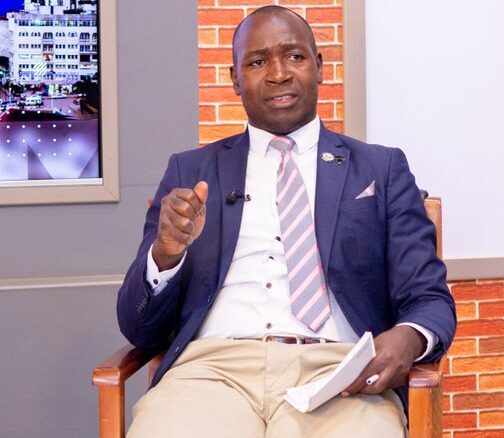As Uganda readies itself for the 2026 general elections, anxiety over rising tribalism and deepening political divisions is reaching new heights. The country, which has a complex tapestry of ethnicities and a history marked by both unity and strife, now faces a critical juncture. The rhetoric and actions of some political actors threaten to unravel the fragile harmony that has, for decades, allowed Uganda’s diverse communities to coexist. Against this backdrop, Peace Service Ambassador Milton Kambula has issued a fervent appeal to Ugandans: reject leaders who sow division, and instead, support those who champion unity and a vision for long-term national transformation.
The Dangers of Tribal Politics
Uganda’s political history is replete with episodes where sectarianism and tribalism have been manipulated for personal or political gain. President Yoweri Museveni himself has often warned about the dangers of sectarian politics, recalling how such divisions once made Uganda ungovernable and prone to conflict. Despite laws against sectarianism, the temptation for politicians to use tribal identities as a shortcut to power remains strong, especially in the heated atmosphere of an election cycle.
Recent reports and public debates reveal that some leaders and political parties are fanning tribal sentiments to consolidate their support bases. This trend is particularly worrying given the country’s regional inequalities and the perception—especially among communities in the north and east—that government resources and opportunities are disproportionately allocated to the president’s own ethnic group and the western and central regions. Such grievances, if left unaddressed, risk fueling resentment, intertribal competition, and potentially even violence.
Kambula’s Vision: Unity, Ubuntu, and Transformation
Milton Kambula, president of the Global Peace Foundation (GPF) Uganda chapter, has emerged as a prominent voice urging Ugandans to resist the pull of divisive politics. In a recent address, he called on citizens to “desist from politics of tribalism and religious intolerance” and to embrace a politics that seeks to unite and revive the nation and continent. Kambula’s message is rooted in the African philosophy of Ubuntu—living for the greater good—and a belief that only visionary leaders, with an intergenerational outlook, can deliver true transformation.
He pointed to historical figures like Thomas Sankara, Muammar Gaddafi, and Julius Nyerere as examples of leaders whose vision for a united Africa cost them dearly, but who remain beacons for those seeking to build a better future. Kambula also cited contemporary leaders, such as Burkina Faso’s Captain Ibrahim Traore, as evidence that it is still possible to resist external manipulation and foster economic self-sufficiency and unity.
“Africa needs visionary leaders who are able to see the end from the beginning; they must see 400 years from now. We no longer need visions of just two years. No. We got to have intergenerational, long-range vision,”
Kambula emphasized, urging Ugandans not to vote for leaders or parties that promote division based on tribe or religion.
The Stakes in 2026
The 2026 elections are widely seen as a watershed moment for Uganda’s democracy. President Museveni’s long tenure and recent constitutional changes allowing him to run again have intensified concerns about the concentration of power and the marginalization of opposition voices. Some critics liken the current political climate to a “burgeoning monarchy,” warning that unchecked power and ethnic favoritism could undermine national cohesion.
Opposition parties, recognizing the perils of fragmentation, are themselves calling for unity. They stress that only by presenting a united front can they offer a credible alternative to the ruling party and safeguard the integrity of the electoral process. The stakes are high: failure to overcome tribal and political divisions could not only delegitimize the elections but also threaten the country’s peace and stability.
A Call to Action
Kambula’s message resonates beyond the realm of politics. It is a reminder that Uganda’s future depends on the choices its citizens make—not just at the ballot box, but in everyday interactions across tribal, religious, and political lines. As the campaign season heats up, Ugandans are being urged to reject leaders who exploit their differences and instead rally behind those committed to unity, inclusivity, and a vision that transcends short-term interests.
The lessons of history are clear: tribalism and sectarianism sow seeds of discord that can take generations to heal. As Uganda stands at this crossroads, the call for visionary, unifying leadership has never been more urgent.

